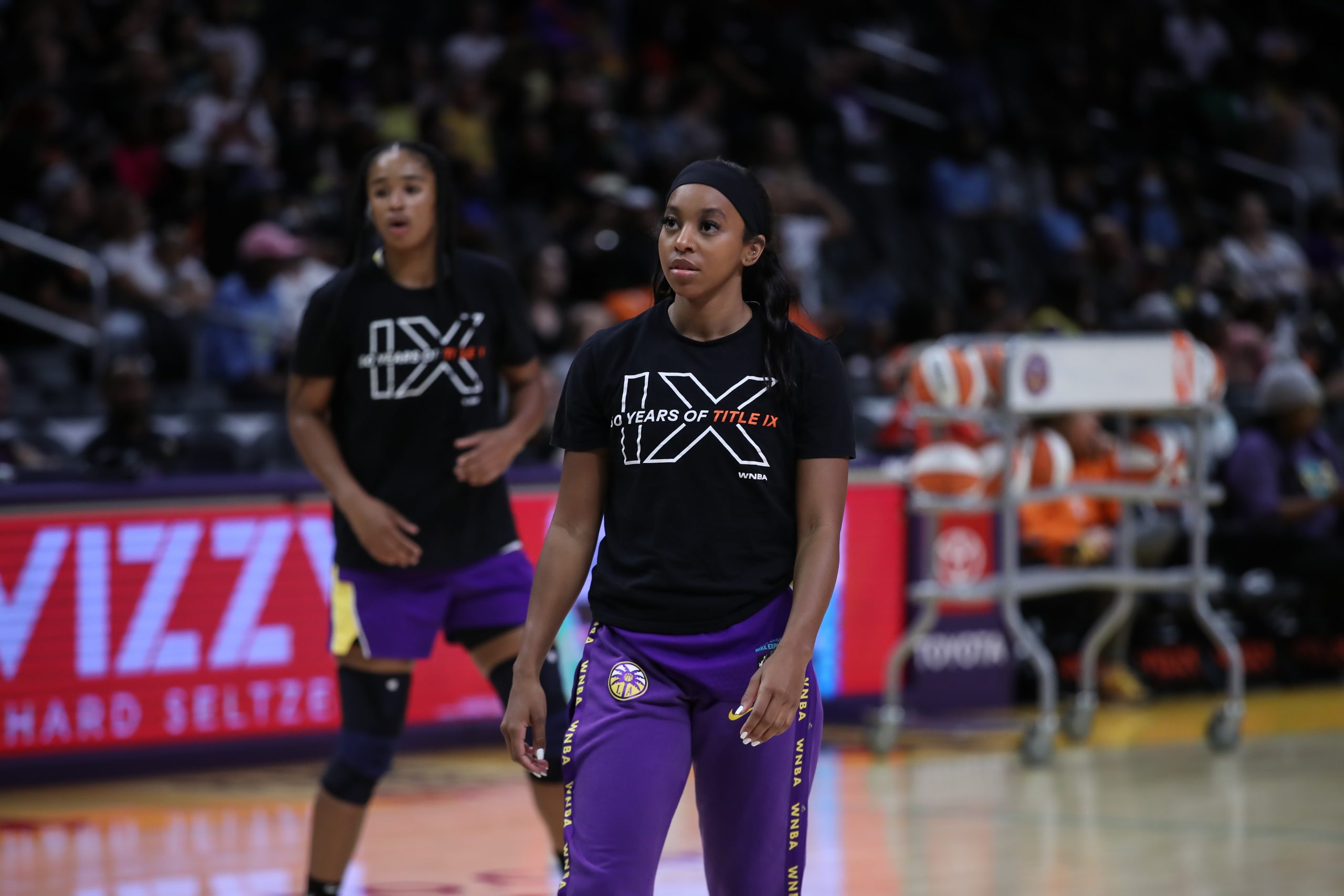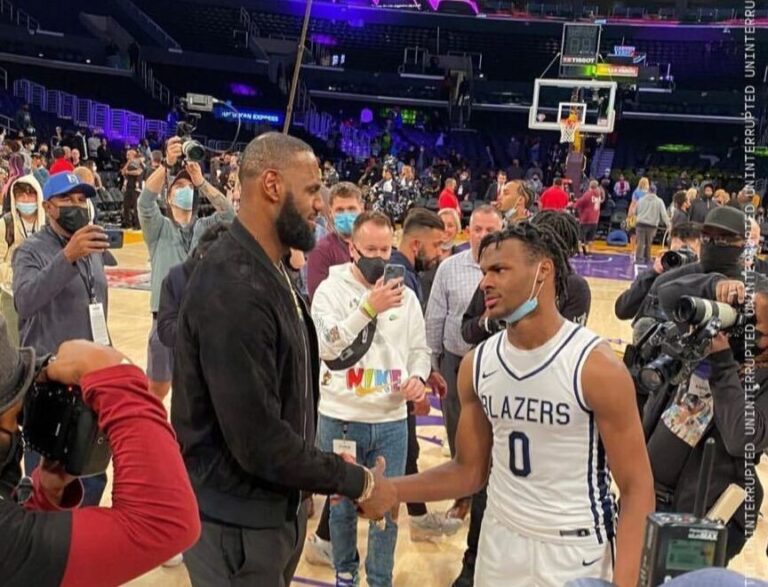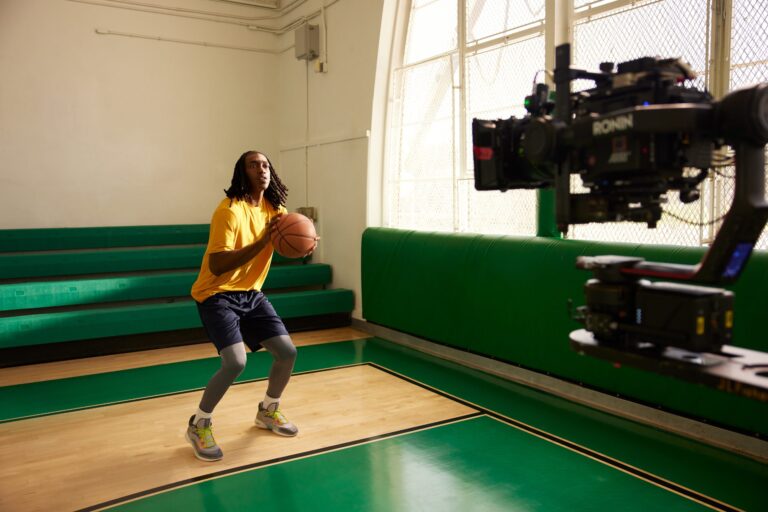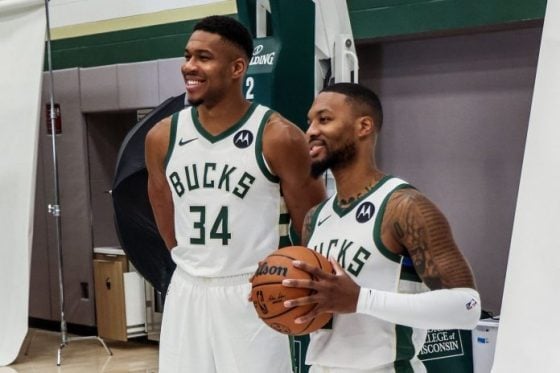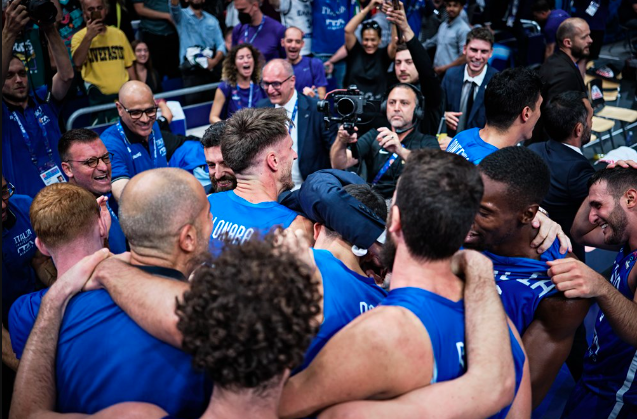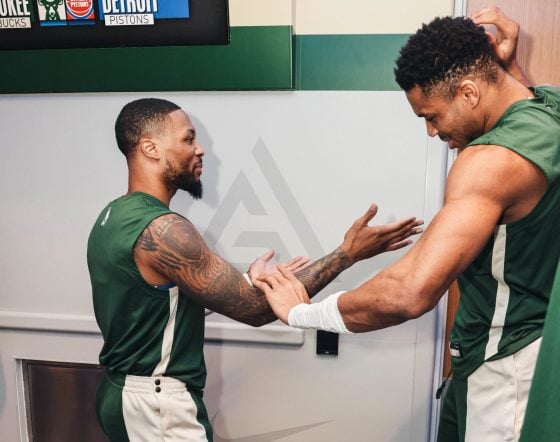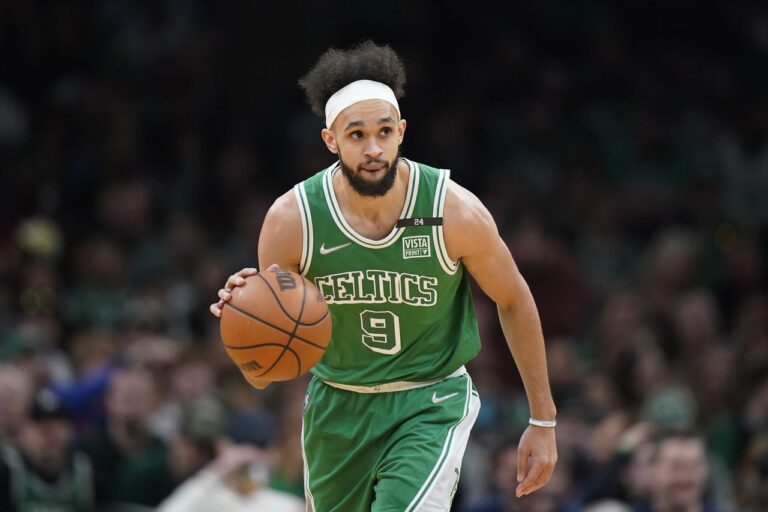Lexie Brown on the Bigger Picture When it Comes to Women in Sports
Unlike many of the women who came up in the sport a generation or two before me, I always knew I wanted to be a professional athlete. I knew I wanted to play in the WNBA for one simple reason: because it existed. I knew college basketball was the path to achieve this because that journey was already well-worn. This has been the achievement of 50 years of Title IX. The path has been obvious, and as a result, we have generations of professional female athletes who are also, largely, college graduates. The timing couldn’t be more perfect to rise to our next challenge: carrying the spirit of Title IX into the professional sports realm.
I’m not trying to take anything away from the men who are amazing at what they do. But, a lot of them left school early and do not have college degrees. Most women in the WNBA did graduate college—I played college basketball for five years at two programs; Duke and Maryland. I have an undergraduate degree in sociology and a master’s in business administration. Our networks are so big and broad, we’ve made connections with other students and professors and we have so much potential we don’t even get to tap into as athletes because it’s tempting to put us in a box.
When you put women’s sports front and center, people are going to pay attention. This is what Title IX, in its textbook form, has done for my generation. Coming up in basketball, I had overall positive experiences on my teams and in my colleges. We had everything that we needed, even if sometimes we felt we would only receive what we needed if we performed at a high level.
The equal opportunity I had to pursue in sports as a youth always felt to me like it was supposed to be a stepping stone. Young ladies in college and in high school can choose whatever they want to pursue, and it’s amazing to see. But, it’s kind of disappointing to know that once you get to the highest level, the professional level, it kind of goes away.
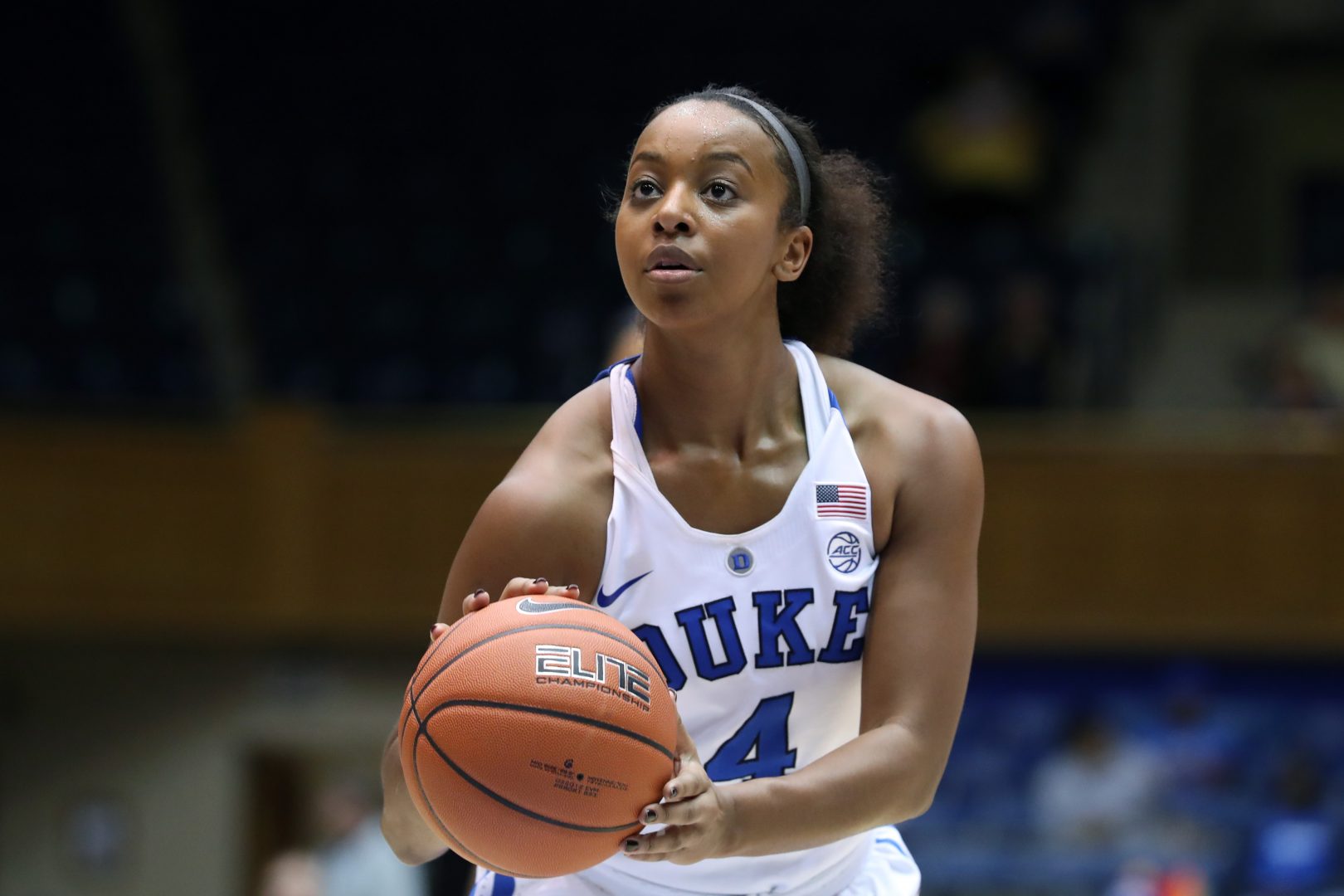
There are still far too many basic disparities between professional men’s and women’s sports that we all take for granted, chief among them being visibility. For too many elite female athletes after college, professional opportunities are few and far between. And even for those lucky enough to have professional opportunities, the marketing and visibility just isn’t there. Far too often, women’s sports are relegated to second and third-tier outlets and time slots on television, not even giving them a chance to find an audience. But time and time again, when women’s sports are put on national television, in prime time, the viewership numbers increase. Just look at the Women’s World Cup and the College Softball World Series as two recent examples.
Another sign of progress has been Athletes Unlimited, which is providing female athletes with a voice and a new model that affords us another opportunity to compete. Not just that, but it puts the power in our hands as we govern our own affairs on and off the court. Athletes Unlimited has played a major role in rejuvenating my WNBA career—AU has given me the platform and visibility to showcase the work I had been putting in. I was given opportunities and exposure that I have never gotten and possibly will never get in the WNBA. We need more examples like it.
As we look ahead to the next 50 years of Title IX, now is the time to see women—truly see them. It’s time to take the spirit of Title IX to the next level, beyond a compulsory box to check. The heart of what female athletes need help with the most is visibility. I had way more visibility in college, and those numbers continue to grow. It’s even been shown that the highest-paid NIL deals are currently held by female basketball players. The power of NIL along with the unmatched visibility of social media has helped. Now with my personal social media pages, I am able to stay visible for things basketball and non-basketball. I don’t ever want to depend on a league for my relevance as a person. I have ideas, interests, and thoughts that are valid with or without validation from others. That’s why I’ve always loved social media—you can see these athletes on your screens, watch their games, and see them as people with diverse skills and talents that go beyond just the sport. People worth noticing, worth cheering for, and worth equal treatment.
Photos via Getty Images.
Check out our Latest News and Follow us at Facebook
Original Source

